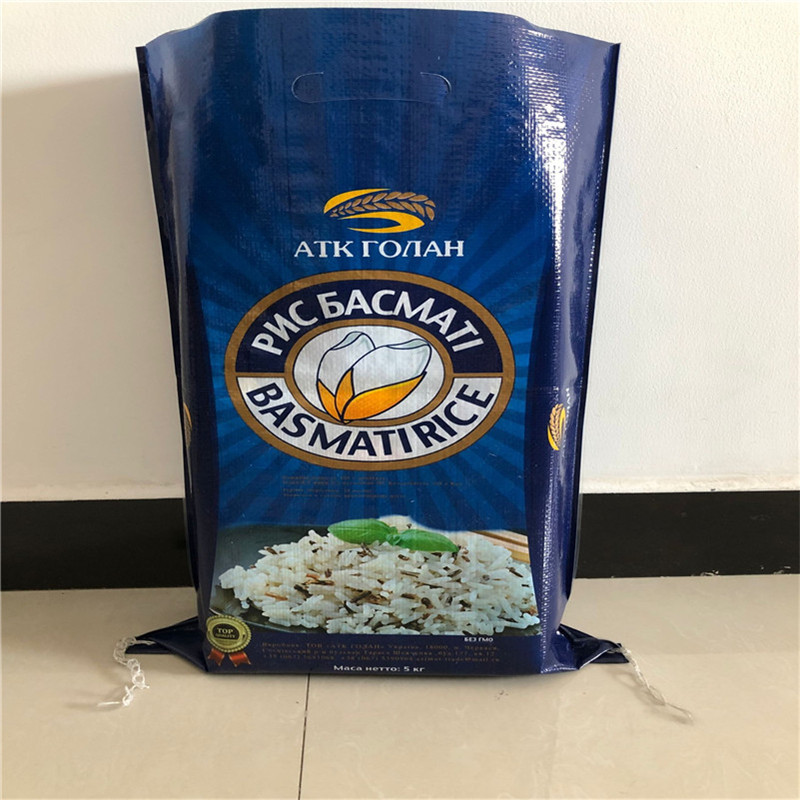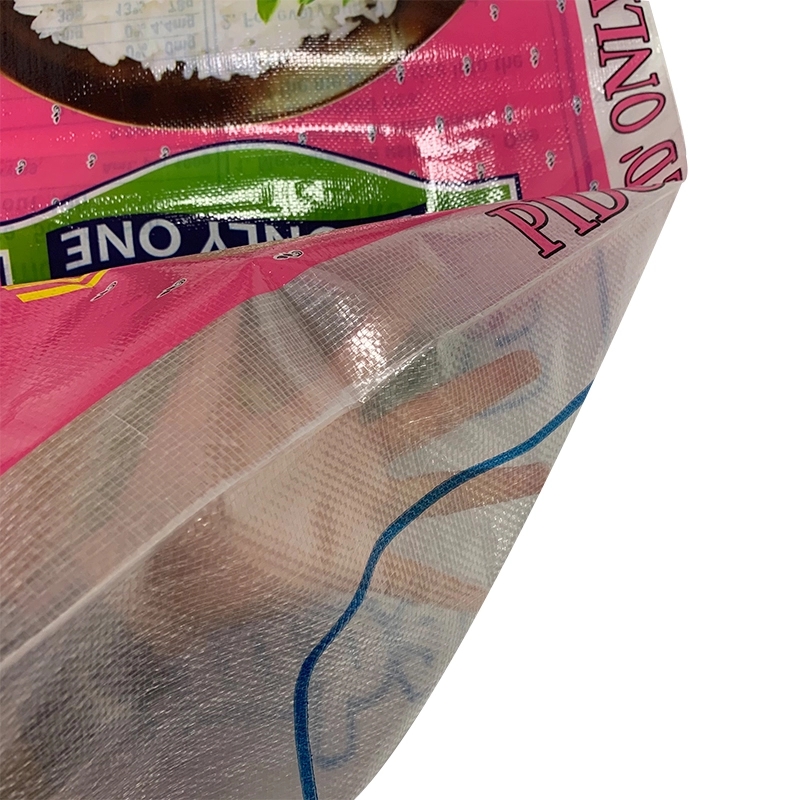Officials in Cameroon say plastic bag pollution in the country has doubled in the past four years to 600,000 tons, harming the environment and animal and human health. The central African country in 2012 banned the production, sale, and use of non-biodegradable plastic bags, but huge quantities are smuggled in from neighboring Nigeria.
A woman using a bullhorn tells civilians at Mfoundi market in Yaounde that plastic bags constitute a serious menace to the environment. Pp Liner Bag

She said diseases and floods will decrease when civilians return to the old practice of packaging and storing food in plantain, banana and other plant leaves.
Cameron's ministries of trade and the environment say caravans were dispatched to markets in the central African state as part of activities marking International Plastic Bag Free Day celebrated annually on July 3.
Florence Tumasang is a doctor with the Cameroon Baptist Convention’s health services agency.
She said plant leaves are biodegradable, and enriched with antioxidants, whereas plastic bags are dangerous to health and the environment.
"I don't know how we are going to stop our people from tying hot food in plastic bags because the heat helps those plastic bags produce biotoxins. These biotoxins infiltrate our food and they are cancerogenous. We have to go back to using leaves which are natural to tie our hot food," said Tumasang.
Many people in Cameroon use paper bags as well, but some argue that paper bags are not as good at conserving cooked food.
In 2012, Cameroon banned the use of non-biodegradable plastic packaging on the grounds they clog waterways, spoil the landscape, and take a thousand years to break down. When they do degrade, they break into particles that pollute the soil and water.
After dropping for several years, non-biodegradable plastic bag pollution has doubled since 2019 to 600,000 tons per year, according to the government.
Abel Foncha Ghogomu is the highest government trade official in Cameroon's Northwest region. He said it is not easy to stop what he calls the huge quantities of plastic bags illegally smuggled from Nigeria on a daily basis.
"We actually have not been able to stop the plastics from entering from the neighboring countries. The porous nature of the region has been the problem we are facing," said Ghogomu.
Millions of additional bags are produced illegally each year in Cameroon. Civilians using the bags say the government did not start producing other types of biodegradable food packaging materials in partnership with private companies as it had promised.
The government acknowledges the packaging materials it is producing do not meet national needs yet and is encouraging civilians to use leaves.

Woven Pp Sacks International Plastic Bag Free Day is marked on July 3 every year to increase awareness of the damaging effects that single-use plastic bags cause on the environment.
